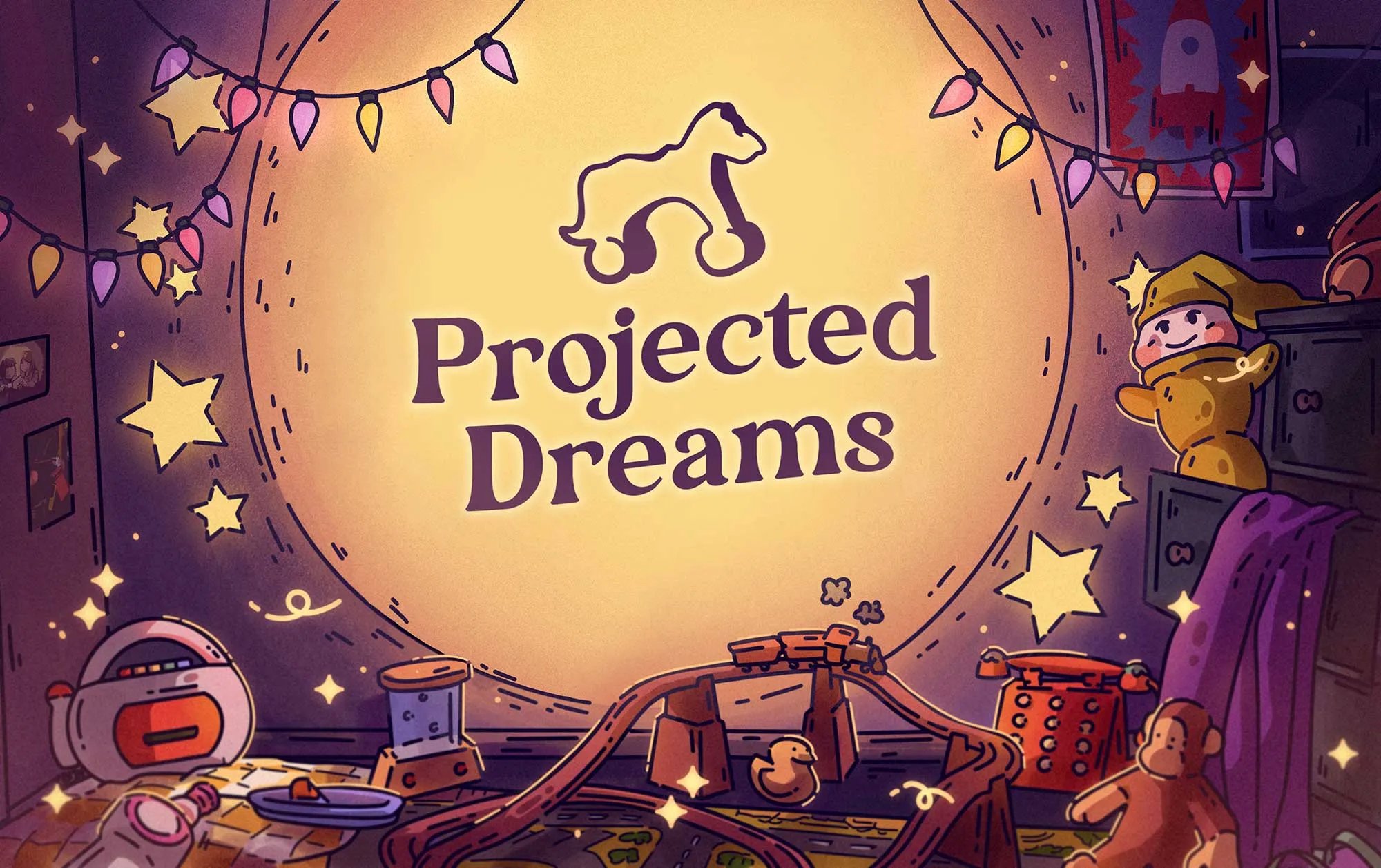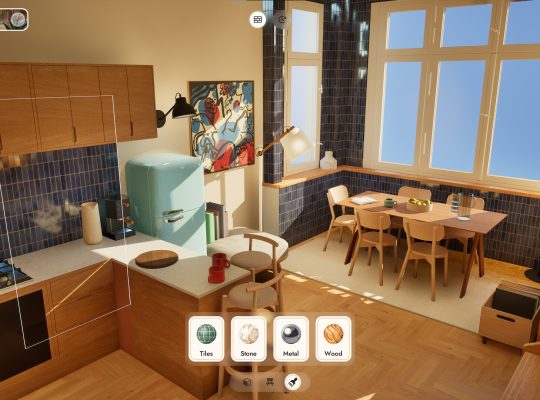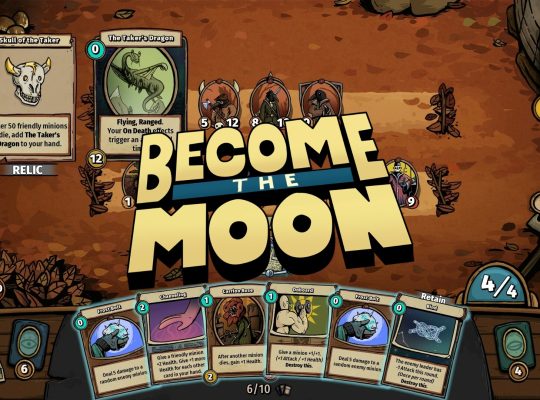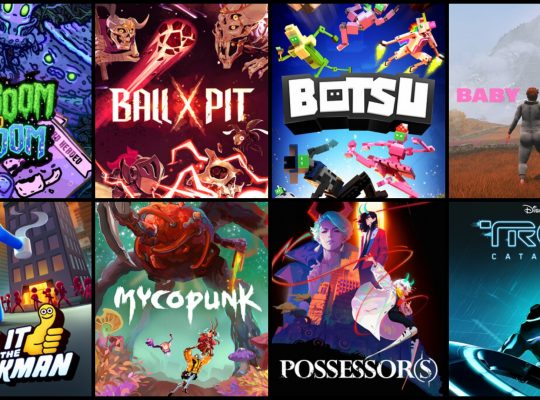- DEVELOPER: Flawberry Studio
- PUBLISHER: Flawberry Studio
- PLATFORMS: PC
- GENRE: Puzzle
- RELEASE DATE: May 29, 2025
- STARTING PRICE: 14,99€
- REVIEWED VERSION: PC
I have to admit, Projected Dreams surprised me in a good way. I never imagined a game where we would use shadow wall projections to solve puzzles; it truly feels like stepping into a childhood memory. You join Senka, a young girl, in recreating shadow puppet silhouettes using toys and household objects. This unravels a bittersweet, wordless family story that spans 50 years. It’s a cozy, wholesome, and stress-free nostalgic experience, though it does have its flaws.

Projected Dreams offers many interesting puzzles
The core gameplay revolves around dragging toys, mugs, boxes and many other objects from shelves onto a table, positioning them in front of a light source to cast shadows that match a silhouette in Senka’s photo album. You will rotate, stack, and sometimes resize objects using mouse, keyboard or controller inputs. The puzzles start simple, such as aligning a single toy to form a rabbit but grow complex with mechanics like dual light sources, “ghost” objects (invisible in shadows), and sticky items that glue pieces together.
Despite some interesting ideas, the game’s physics-based elements are a bit clumsy. Changing the sides of an object you’re holding feels really weird, and it’s slightly frustrating to use arrows for alignment while rotation has a separate button. It’s not terrible, but takes time to get used to. However, the puzzles themselves were super interesting and became more engaging as the game progressed.
My biggest positive is the hint system, accessible on the back of each photo. Some hints did spoil solutions by clearly showing which objects to use. While you’ll rarely need them, there will be times you do get stuck, struggling to find the right solution because some projections look truly weird and it’s hard to tell which objects are needed.
“The game’s physics-based elements are a bit clumsy.”

Environments change as you progress
The game unfolds in an ever-evolving room that mirrors Senka’s life stages (child, teen, and adult). You will also explore the environment to find collectible objects like cassette tapes, which unlock musical snippets, or trinkets that decorate the photo album. However, searching for specific items can be frustrating, as some are hard to spot in cluttered rooms, and the absence of a clear inventory system means you’ll be repeatedly scanning shelves.
Each chapter of the book tells you if you missed any secrets and how many stars you earned; there are three stars per level, which nicely encourages you to get all three instead of just one. Overall, the experience was pleasant and cozy. It didn’t waste your time, and these types of games are approachable to everyone. It was fun to try and find multiple ways to beat a level.
Another great aspect of the game is its graphics, filled with 90s nostalgia, using a soft, colorful palette of pastels. The 2D illustrations in the photo album tell the story with “funny graphics and special adornments”, balancing humor and touching moments. Animations are minimal but effective, and the entire game has a charming cartoonish feel.
“Each chapter of the book tells you if you missed any secrets and how many stars you earned.”

A short experience, but one you’ll finish feeling satisfied with
While Projected Dreams seems easy at first, some puzzles will definitely test your brain. It’s ideal for those seeking a peaceful, reflective puzzle experience. The game stands out for its effective use of nostalgia, and despite occasional hiccups in physics and controls, it’s an easy recommendation for anyone who enjoys this genre. In fact, it’s a short experience, likely taking around 3-4 hours to complete, but it’s still a very worthy buy.
| Pros | Cons |
|---|---|
| Relaxing gameplay. | The game's physics are clumsy. |
| Visually beautiful game. | Short duration. |
| Creative puzzles. | Sometimes it's hard to find the items you're looking for. |
| The rooms are constantly changing. |
Review copy provided by the publisher
4.2









